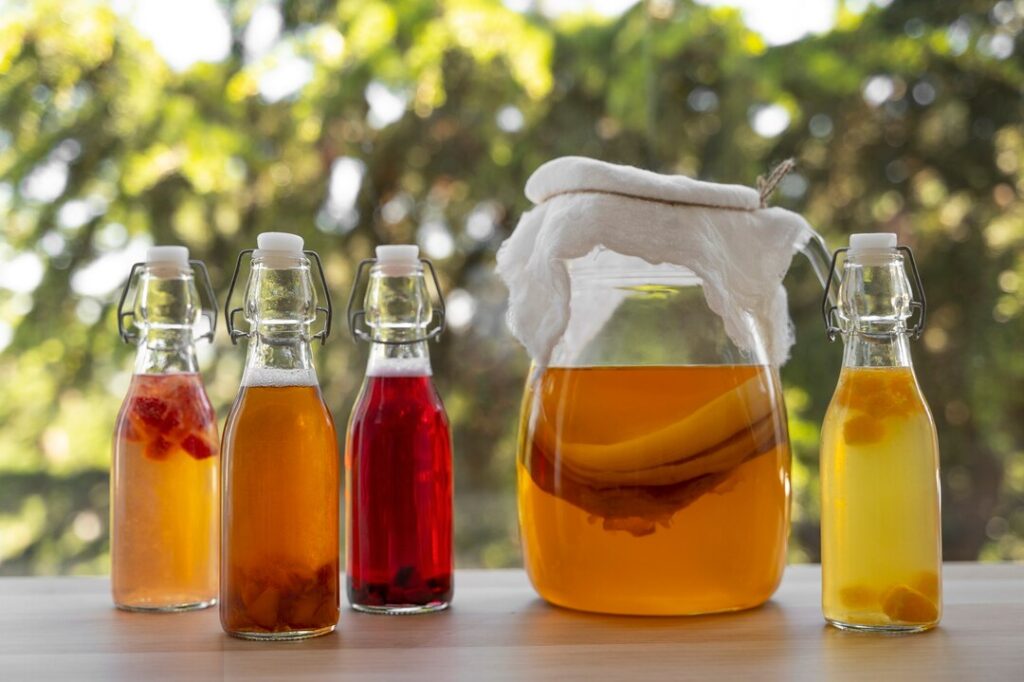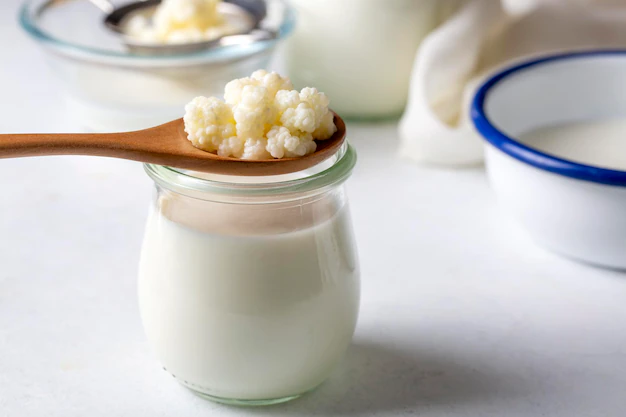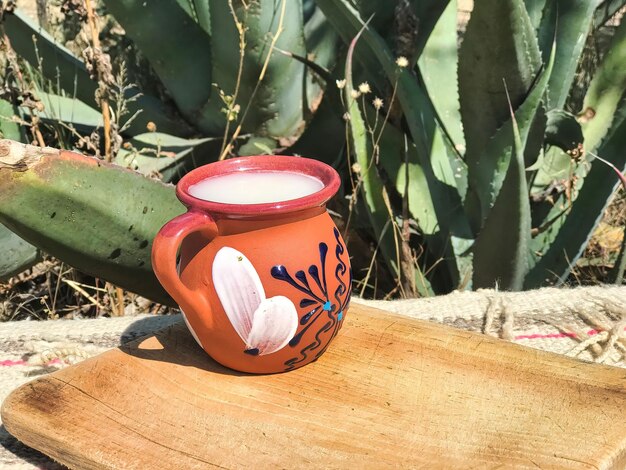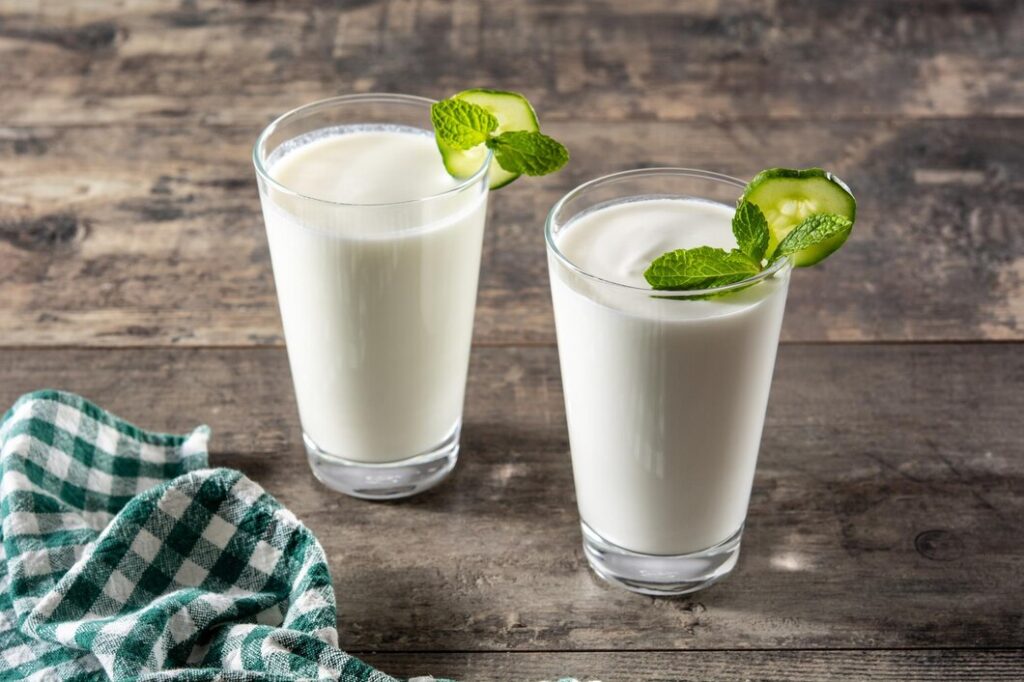Fermented drinks have been enjoyed by cultures around the world for centuries. From the tangy effervescence of kombucha to the creamy richness of kefir, these beverages offer not only unique flavors but also a range of health benefits. Whether you’re looking to boost your gut health or explore new tastes, fermented drinks provide a delicious and nutritious way to quench your thirst. Here’s a closer look at some of the most popular fermented drinks from across the globe.
1. Kombucha (China)

Kombucha, often referred to as “the tea of immortality,” is a fermented tea that has become a global trend in recent years. It’s made by fermenting sweetened tea with a symbiotic culture of bacteria and yeast (SCOBY), which turns the sugars into alcohol and acids, resulting in a tangy, slightly effervescent drink.
Flavor Profile: Kombucha has a variety of flavors depending on the tea used and the fermentation process. It can range from mildly sweet to very sour, with a light carbonation that makes it refreshing. Common flavorings include ginger, berries, and citrus.
Health Benefits: Kombucha is rich in probiotics, which support a healthy gut microbiome, and contains antioxidants from the tea. It is also believed to promote detoxification, improve digestion, and boost immunity.
2. Kefir (Caucasus Mountains, Eastern Europe)

Kefir is a fermented milk drink that originates from the Caucasus region, an area straddling Eastern Europe and Western Asia. Made by fermenting milk (cow, goat, or sheep) with kefir grains, this drink is slightly thicker than milk but thinner than yogurt, with a smooth, creamy texture and tangy flavor.
Flavor Profile: Kefir has a tart and mildly sour taste, with a slight effervescence from the fermentation process. Its flavor can vary slightly depending on the milk used, and it often has a more pronounced tang compared to yogurt.
Health Benefits: Like kombucha, kefir is loaded with probiotics, which can improve gut health. It is also high in calcium and vitamins B12 and K2, which contribute to strong bones and overall wellness. Some studies suggest that kefir may help boost the immune system and aid in digestion.
Health Benefits: Though it’s not a drink, tempeh is an excellent source of plant-based protein and contains beneficial probiotics. It’s also rich in fiber, vitamins, and minerals, making it a valuable addition to a healthy diet.
3. Kvass (Russia and Eastern Europe)

Kvass is a traditional fermented beverage made from rye bread, water, and sugar. It has a mild alcohol content, usually less than 1%, and is a popular summer drink in Russia and many Eastern European countries. It can be flavored with fruits, herbs, or spices to enhance its taste.
Flavor Profile: Kvass is mildly sweet, tangy, and effervescent. The flavor can range from bread-like to fruity depending on the ingredients and fermentation time.
Health Benefits: Kvass contains beneficial bacteria and yeast that support gut health. It’s also rich in B vitamins and electrolytes, making it a great hydrating drink.
4. Pulque (Mexico)

Pulque is a traditional Mexican fermented beverage made from the sap of the agave plant. It has a thick, viscous texture and can be consumed plain or flavored with fruits like pineapple or guava.
Flavor Profile: Pulque has a unique, slightly sour flavor, with a consistency that is thicker than most drinks. Its flavor can vary depending on the added fruits or spices, but it generally has earthy, herbal notes.
Health Benefits: Pulque is a source of probiotics due to its fermentation process, and it is also rich in vitamins, particularly B vitamins and amino acids. It has been traditionally consumed for its purported health benefits, including aiding digestion.
5. Lassi (India)

Lassi is a traditional yogurt-based drink popular in India and surrounding regions. It is made by blending yogurt with water, spices, and sometimes fruit. There are two main types of lassi: sweet lassi, made with fruit and sugar, and savory lassi, made with salt, spices, and herbs.
Flavor Profile: Sweet lassi is refreshing and fruity, while savory lassi has a tangy and spiced flavor, often containing ingredients like cumin or mint.
Health Benefits: Lassi is packed with probiotics, which are great for digestion, and it’s also a good source of calcium and protein. The drink is often consumed to cool the body down during hot weather and may help soothe the digestive system.
6. Mare (Central Asia)

Mare, also known as kumis or airag, is a fermented drink made from mare’s milk, popular in Central Asia. The milk is fermented using lactic acid bacteria and yeast, creating a slightly alcoholic, effervescent beverage.
Flavor Profile: Mare has a tangy, mildly sour taste with a fizzy texture. The flavor is a bit more complex than regular milk, with hints of yeast and fermentation.
Health Benefits: Mare is rich in probiotics and contains high levels of vitamins, minerals, and proteins. It has traditionally been used to aid digestion and improve gut health.
Fermented drinks have been a part of cultures across the world for centuries, offering more than just refreshing flavors—they also provide numerous health benefits. Whether you’re sipping on kombucha, kefir, or kvass, you’re not only treating your taste buds to something exciting but also supporting your gut health with probiotics and beneficial nutrients. So next time you’re in the mood for something a little different, reach for one of these fermented beverages and experience the rich history and health benefits they have to offer.








